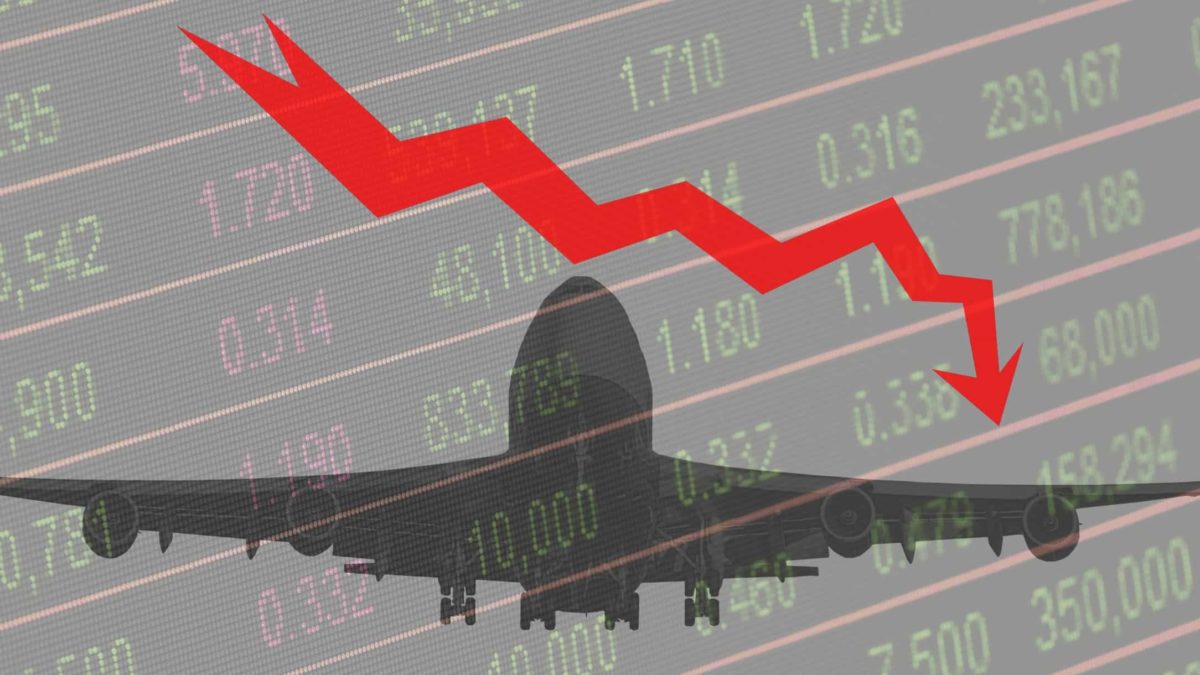The Air New Zealand Limited (ASX: AIZ) share price is on watch this morning after the airline revealed its full year results. The coronavirus pandemic has wreaked havoc on airlines, and Air New Zealand is no exception. The result affirms the unprecedented impact the pandemic has made on the global aviation industry following the implementation of travel restrictions in March.
What did Air New Zealand report?
Air New Zealand reported a loss before tax and significant items of $87 million for FY20, its first loss in 18 years. This compares to earnings of $387 million in FY19. Despite reporting a strong interim profit of $198 million, COVID-19-related travel restrictions resulted in a 74% drop in passenger revenue from April to the end of June. This drove full year operating losses. Statutory losses before tax, which included $541 million of significant items, were $628 million. Non cash items reflected most of the significant items, including a $338 million aircraft impairment charge related to the grounding of the Boeing 777-200ER fleet for the foreseeable future.
How has Air New Zealand responded to COVID-19?
Air New Zealand has responded to the coronavirus crisis with a sense of urgency. The airline secured additional liquidity, structurally reduced its cost base, and deferred significant capex spend. The business pivoted quickly to ramp up domestic and cargo services to help keep the New Zealand economy moving.
Chair Dame Therese Walsh said: "Faced with such a swift decline in revenue as lockdown restrictions were implemented and borders were closed, we took immediate steps to secure $900 million in additional funding, and drastically reduced our cash burn in the knowledge that, for a time, we would be a much smaller business than we had been pre-COVID-19."
Positioning for recovery
Air New Zealand is preparing for an eventual recovery in demand via a strategy refresh focused on sustaining competitive strengths. The airline had short term liquidity of $1.1 billion as at 25 August. This was made up of cash and a $900 million loan facility from the New Zealand Government. Cash burn averaged $175 million per month from April to June due to higher refunds and redundancy payments. This reduced, however, to $85 million for July.
The company is focused on preserving liquidity across a range of potential demand recovery scenarios. Given current financial pressures, no final dividend was declared for FY20. Due to uncertainty around travel restrictions and the level of demand in FY21, Air New Zealand is unable to provide specific earnings guidance. Nonetheless, it noted that each of the scenarios it is currently modelling suggest it will make a loss in 2021.
The Air New Zealand share price was trading at $1.28 at close of trade yesterday.









